Checking The System Requirements¶
HOST system requirements¶
These are the requirements for a HOST system when used to raise a phySystem:
Hardware requirements¶
CPU¶
The supported HOST architectures are:
x86_64: AMD64 & Intel 64 processors, also known as amd64.
x86: Intel x86 compatible processors like i386, i486, i586, i686.
RAM¶
A mininum of 2 GB of RAM can be necessary to successfully build a phyglos machine from sources. When raising from build packs a minimum of 1 GB of RAM is recommended.
Software requirements¶
Operating system¶
The HOST system can be a previous phySystem running phyglos, or another Linux supported distribution like Debian or Fedora.
Filesystems¶
The supported filesystem for the root partition of the TARGET system is ‘ext4’.
Note
A different filesystem type could be used when raising a phySystem, provided that the HOST system can manage it and, later, the phyglos-kernel bundle of the phyglos machine is also configured to support it at boot time.
Resources¶
Disk space at the HOST¶
The HOST system requires about 500 MB of additional disk space for the installation of the BANDIT toolkit and downloading the binary build packs needed to install a basic phySystem. When raising from source code, additional +600 MB are needed for the source tarballs.
Disk space for the TARGET filesystem¶
The minimum disk space for a working phySystem is about 2 GB. The BANDIT copies itself from the HOST to the TARGET filesystem along with its sources cache, adding this space to the new, clean TARGET filesystem.
Disk partitions¶
Note
This requirement for free partitions does not apply when building the TARGET in a directory instead of on partitions.
When raising the TARGET on new partitions, an empty disk partition is needed for the filesystem of the TARGET system. This partition can be located in the same HOST system disk or in a second different disk.
A second, free disk partition is required for the swap area, when the swap space is not to be shared with other distributions in the HOST system. The size of the swap partition depends on the specific purposes of the final phySystem.
Partition table formats¶
The supported partition table formats for a phySystem are:
Master Boot Record (MBR).
GUID Partition Table (GPT)
Build time¶
The raising of the temporary BUILDER system from source can take from 30 minutes to a couple hours depending on the HOST system hardware, or even more for some old machines. A typical build, including the preparation of partitions and bundles downloading, takes about an hour to complete. The BUILDER system can otherwise be installed from build packs taking just a few minutes in total to be prepared.
The raising of the TARGET system, i.e. the final phySystem, when compiled from sources can take from 30 minutes to a couple hours or even more dependending on the HOST/BUILDER system hardware resources. A typical raise from source takes about an hour to complete. However, the phySystem can be raised by installing from precompiled build packs in less than 30 minutes of total wall time.
TARGET system requirements¶
These are the requirements for the TARGET system, i.e. the final phySystem:
Hardware requirements¶
CPU¶
The supported TARGET architectures are:
x86_64: AMD64 & Intel 64 processors, also known as amd64.
x86: Intel x86 compatible processors like i386, i486, i586, i686.
RAM¶
A new phySystem can boot and run in less than 30 MB of RAM (20 MB for x86 systems).
Note
When a graphical desktop environment is raised later on, it may require a minimum of 128 MB of RAM to run.
Resources¶
Disk space¶
The recommend disk space for a minimal phySystem is 8 GB. A first installation of a basic phySystem needs about 2 GB, most of them for the BANDIT toolkit and caches.
A typical installation with some usual bundles, including a desktop environment and enough space for keeping caches and logs can require a minimum of 16 GB of disk space.
The necessary space for a swap partition, when needed, must be added to these disk requirements.

